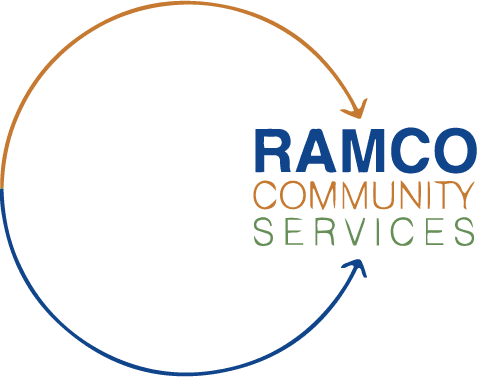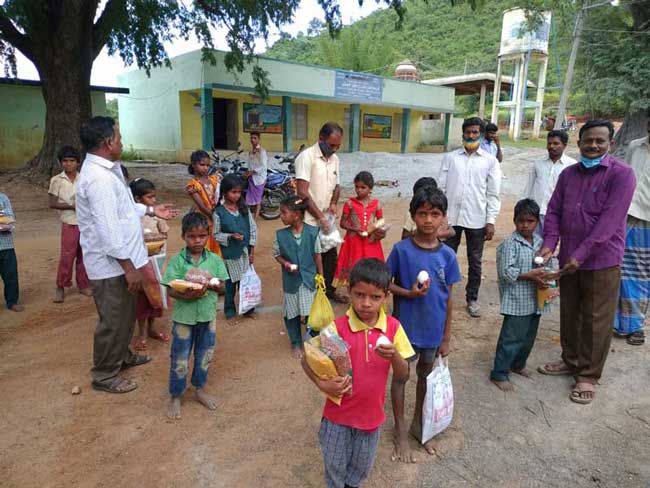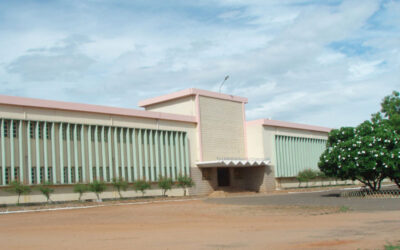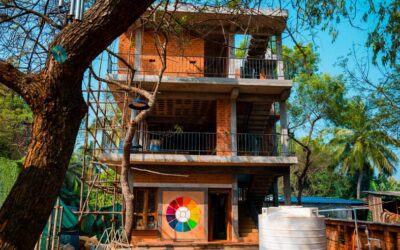Farming, Nutrition, Sanitation & Education in ST Hamlets of the Kalrayan Hills
Project
The Kalrayan Hills, located in the Eastern Ghats along the boundaries of Salem, Dharmapuri and Kallakurichi (formerly Villupuram) districts in Tamil Nadu are home to a number of underprivileged communities. Ramco’s support has ensured issues such as sanitation, child nutrition, education, agricultural livelihood, and sustainability are being addressed in the villages in the area.
Child nutrition, water safety, sanitation, and agricultural livelihood are among the key interventions supported by Ramco under community development projects undertaken in the Kalrayan Hills area by Eco Pro.
Child nutrition, health, and education in the Kalrayan Hills
Nutritional health of children has gradually improved thanks to annual health checks and nutritional support. During covid-19 related lockdowns, food items were distributed to school children in Melthoradipattu, Mundiyur and Matapattu. These included items rich in proteins and energy such as boiled eggs, masala vadas, various sorts of dals (lentils) and rice. A literacy and book reading day at Mattapattu school was organized.
Sanitation and hygiene
To address hygiene and sanitation, as well as inadequate water supply in the villages, eleven urine-diverting dry toilets (UDDTs) for use by 60-70 individuals. The upkeep of hygiene and maintenance of the UDDTs is being monitored regularly. After being made safe for re-use through desiccation, human urine and faeces are used consistently in gardens and farms.
Organic farming
Regular workshops in animal husbandry and in fodder cultivation are conducted for farmers. Six farmers in Melthoradipattu and Thazhthoradipattu have been practicing organic farming with very satisfactory yields of their organically cultivated rice and millet crops. Crop produce that hasn’t been used at home or locally, has been channelled to markets that have remunerated the farmers well.
Over the long term, the aim is to make at least some of the hamlets open-defecation free (ODF). In addition, with the growing demand for pesticide-free organic food, many more farmers are being prompted to take up organic farming. Simultaneously, they will be educated on erosion control, improved water management and soil building. Understanding in nutritional health is also being facilitated.
The ultimate aim of the community development program is to empower and enable the local community to make their own decisions with regard to the growth of their villages.
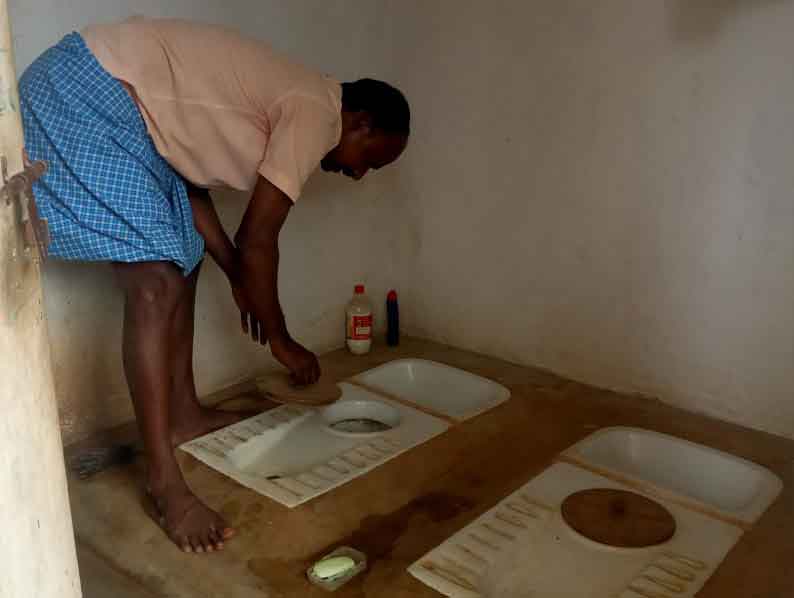
Urine diverting dry toilets
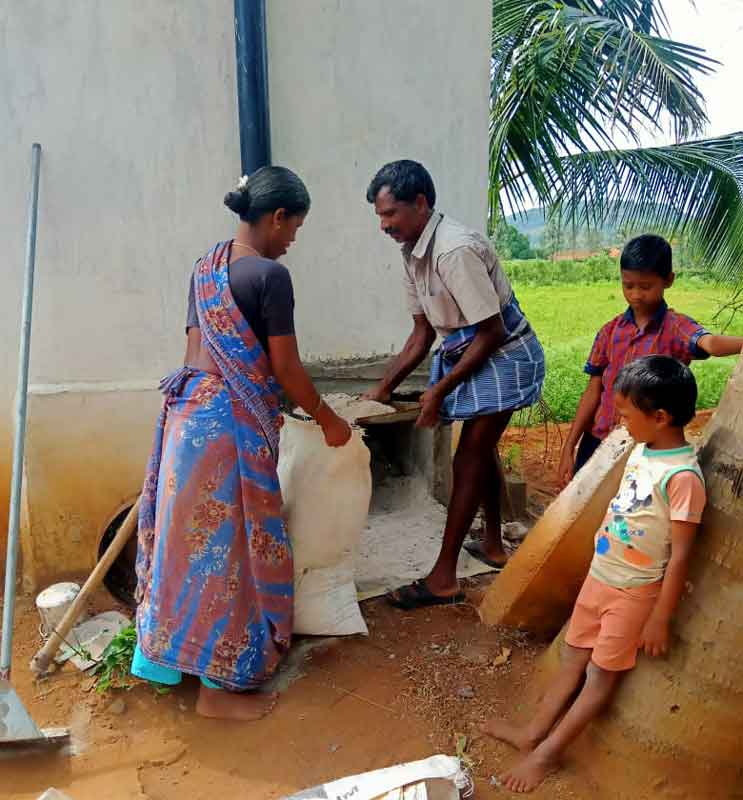
Residents emptying dry compost
Documents
More Projects…
Ammani Ammal’s Girls School
Ammani Ammal’s Girls School was founded as a Government-aided school in 1974 by our former chairman Shri P.R. Ramasubrahmaneya Rajha, to encourage girls’ education in rural areas around Rajapalayam. In 1979, the school added higher secondary classes.
P.A.C. Ramasamy Raja Polytechnic College
The Polytechnic College is a State Government-aided autonomous institution founded in 1963 by our former chairman Shri P. R. Ramasubrahmaneya Raja. A governing council led by our current chairman, Shri P.R. Venketrama Raja, currently manages the college.
Building a New Learning Centre
Thamarai Educational Projects wishes to build a multifunctional learning centre catering to the Annai Nagar and surrounding villages on the north side of Auroville.
